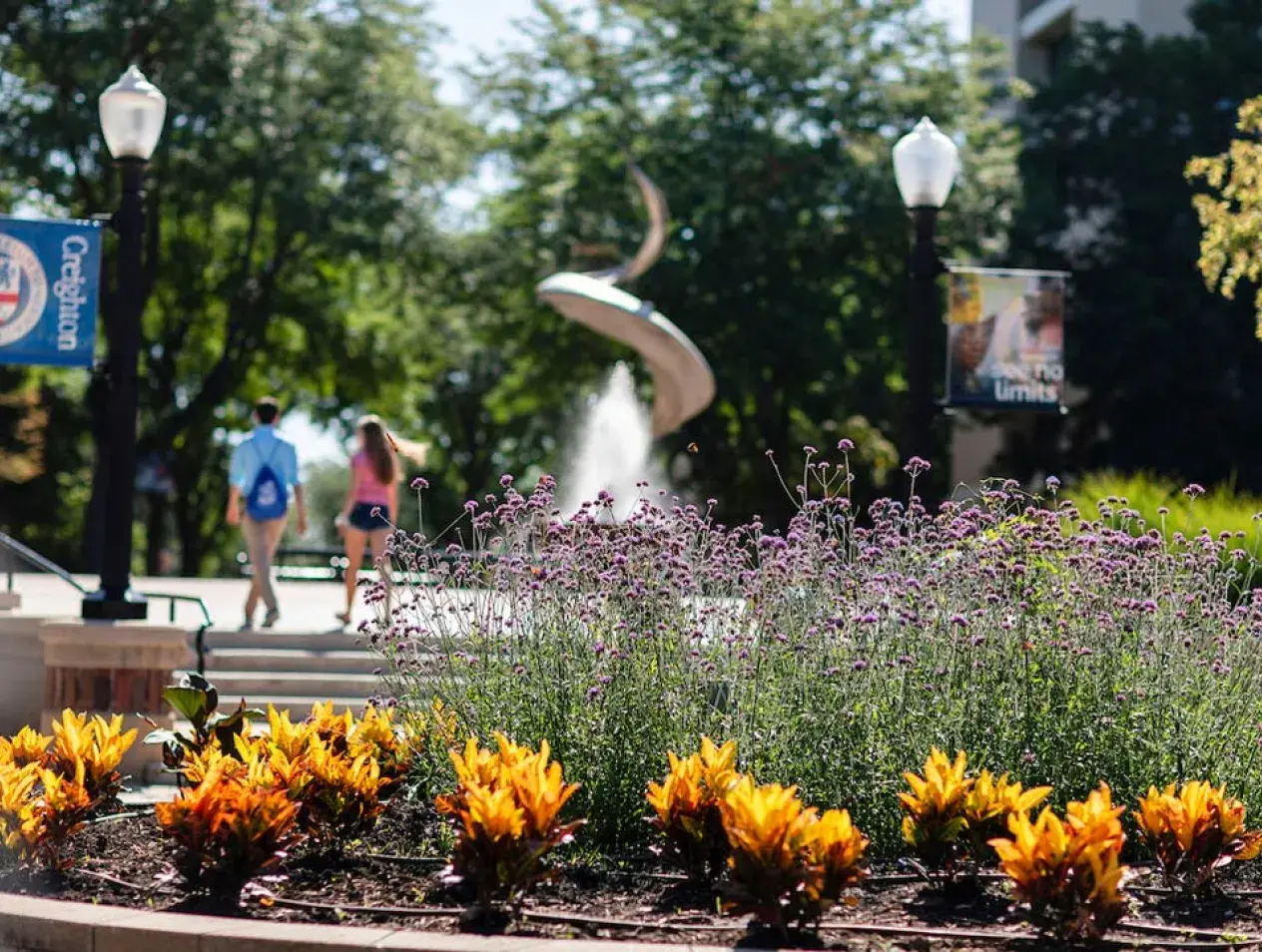
Urology Residency General Info
About Creighton's Urology Residency
The Creighton University Department of Urology Residency Program accepts two residents per year and is a five-year post-graduate educational program consisting of six months of General Surgery training and the remaining time will be focused on Urologic Surgery Training.
Training Locations
Residents will train locally at:
- CHI Health Creighton University Medical Center Bergan Mercy
- CHI Health Mercy Council Bluffs
- CHI Health Immanuel
- Omaha Veterans Affairs Medical Center
Residents will spend six months of training as a PGY-3 in Phoenix, Arizona at the Phoenix Children’s Hospital where they will study pediatric urology under the direction of five fellowship-trained pediatric urologists.
Residents will be required to attend the following core competency conferences:
Core Competency Conferences
This is a formal review of the previous month’s morbidities and mortalities from each rotation. Limits in the residents’ knowledge and expertise are examined during discussion between the residents and faculty, identifying any deficiencies that may have resulted in complications, and examining what could have been done to prevent or improve these complications. An in-depth examination and presentation of related medical literature rounds out the discussion.
The resident/attending presents pathology slides from select cases performed over the past month. These are reviewed by CUMC pathologists. All residents are responsible for reading and understanding the various pathologic conditions, as well as normal anatomy. The pathologist displays a slide and the residents interpret the information and verbally will identify normal and abnormal histological anatomy.
In this monthly multidisciplinary conference, each urology resident is responsible for presenting recent cases and preparing appropriate radiographic images relevant to that case. The resident will interpret the radiographic images, participate in the discussion prompted by the radiological findings, and propose appropriate management to the urology and radiology faculty, and GU-trained radiology residents. The urology resident should understand the basic radiographic imaging including retrograde pyelography, voiding cystourethrography, retrograde urethrography, scrotal and retroperitoneal ultrasonography, computerized tomography, MRI and angiography/interventional radiology procedures.
Appropriateness of imaging will be discussed and cases representing benign and malignant conditions will be included.
A topic related to pediatric urology presented by the PGY-3 resident rotating on the Pediatric Urology service under the guidance of appointed Program Director, at Phoenix Children’s Hospital.
At this quarterly conference, each urology resident gives a presentation on his or her current clinical research.
At this monthly conference, each resident/attending presents a current article from a medical journal for critical review. Articles are generally, but not exclusively, sourced from the Journal of Urology. The resident/attending prepares for this conference by using search engines to locate a current article in the field of urology, evaluate it based on predetermined criteria, and answer a set of questions provided on a concise form.
Each resident is responsible for reading the current installment of AUA Updates and answering the associated questions. During conference, the questions and answers are discussed in a group forum giving insight into the resident’s medical reading.
Didactic: For this weekly conference, a topic from the AUA Core Curriculum is assigned to a resident or attending who is responsible for creating and presenting a lecture from the assigned material. The chosen topic is discussed and this discussion may be augmented with current journal articles.
Indications: For this weekly conference, the resident will present the upcoming week’s scheduled surgeries according to the site they are assigned. The resident will present relevant data including physical exam findings, radiologic images, and laboratory values. The residents’ ability to appropriately work up patients symptoms will be evaluated. Limits in residents’ medical knowledge will be examined during discussion with faculty; as well as the residents’ ability to interpret medical data such as radiologic imaging and laboratory values. In addition, the residents’ understanding of hospital systems and medical economics will be evaluated.
This is a monthly mandatory core competency conference for all Creighton University School of Medicine residents. Topics include but are not limited to: patient safety, error prevention training, restraint use regulations and requirements, health care disparities, quality improvement project, patient service and patient experience, Creighton University Jesuit Medicine Mission, Hospital Quality Improvement, and Resident Fatigue.
Contact Us
Kelley Sanders
GME Program Manager
P: 402.280.4792
F: 402.280.5979
kelleysanders@creighton.edu
Clinic Appointments
402.717.2500
Creighton University School of Medicine
Departments of Urology and General Surgery CHI Health
Creighton University Medical Center
Bergan Mercy Education Building
7710 Mercy Road, Suite 501
Omaha, NE 68124-2368




